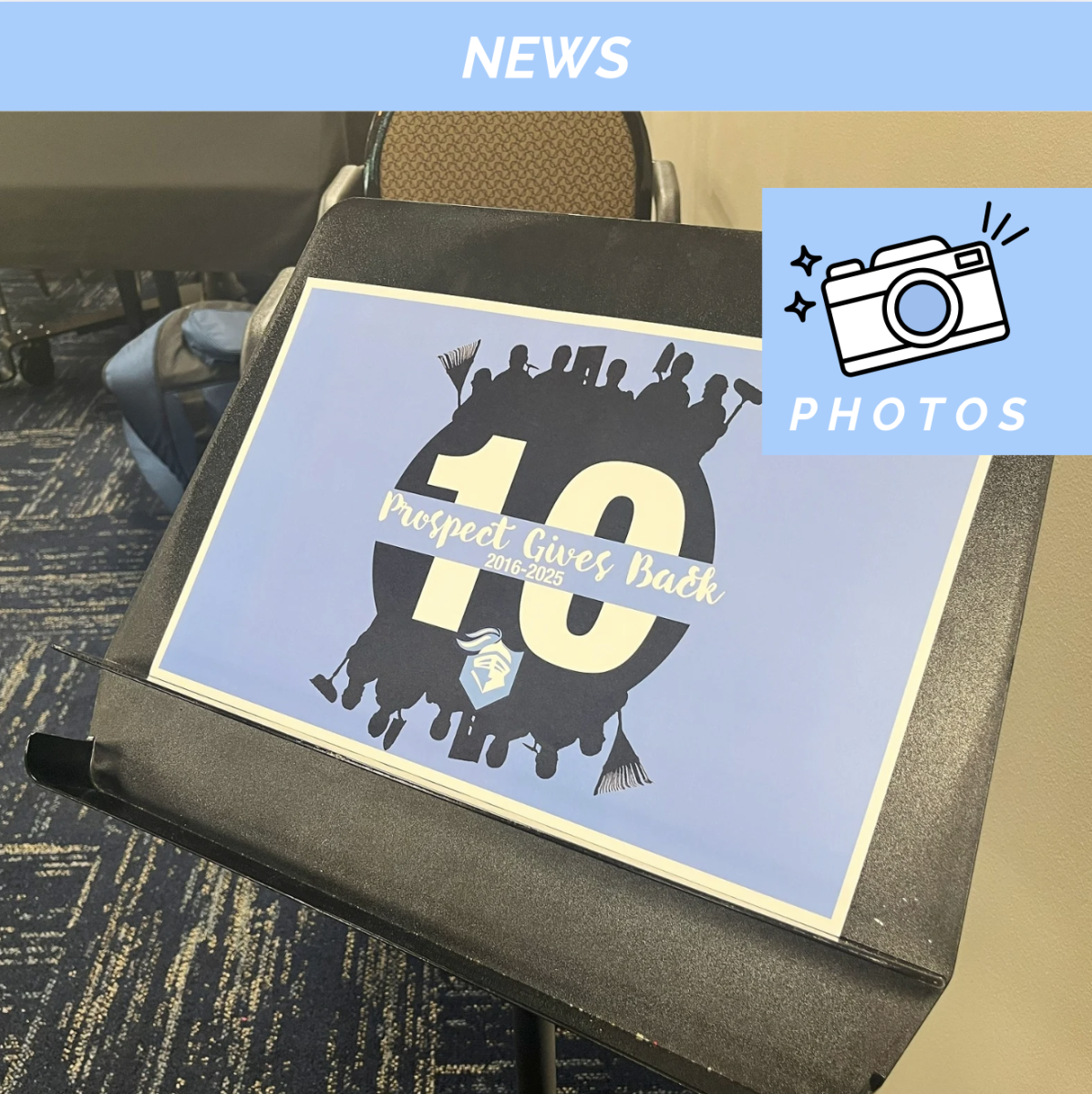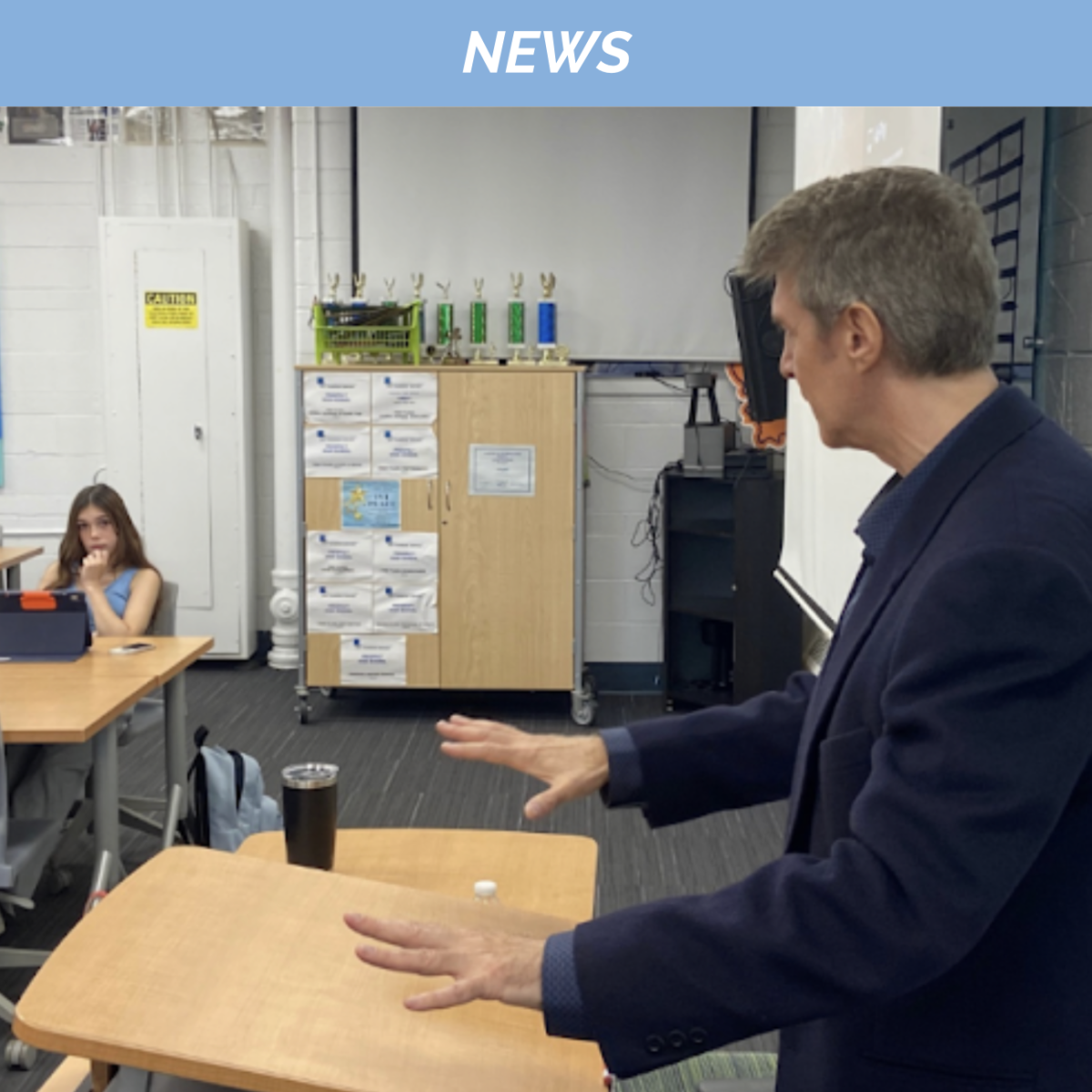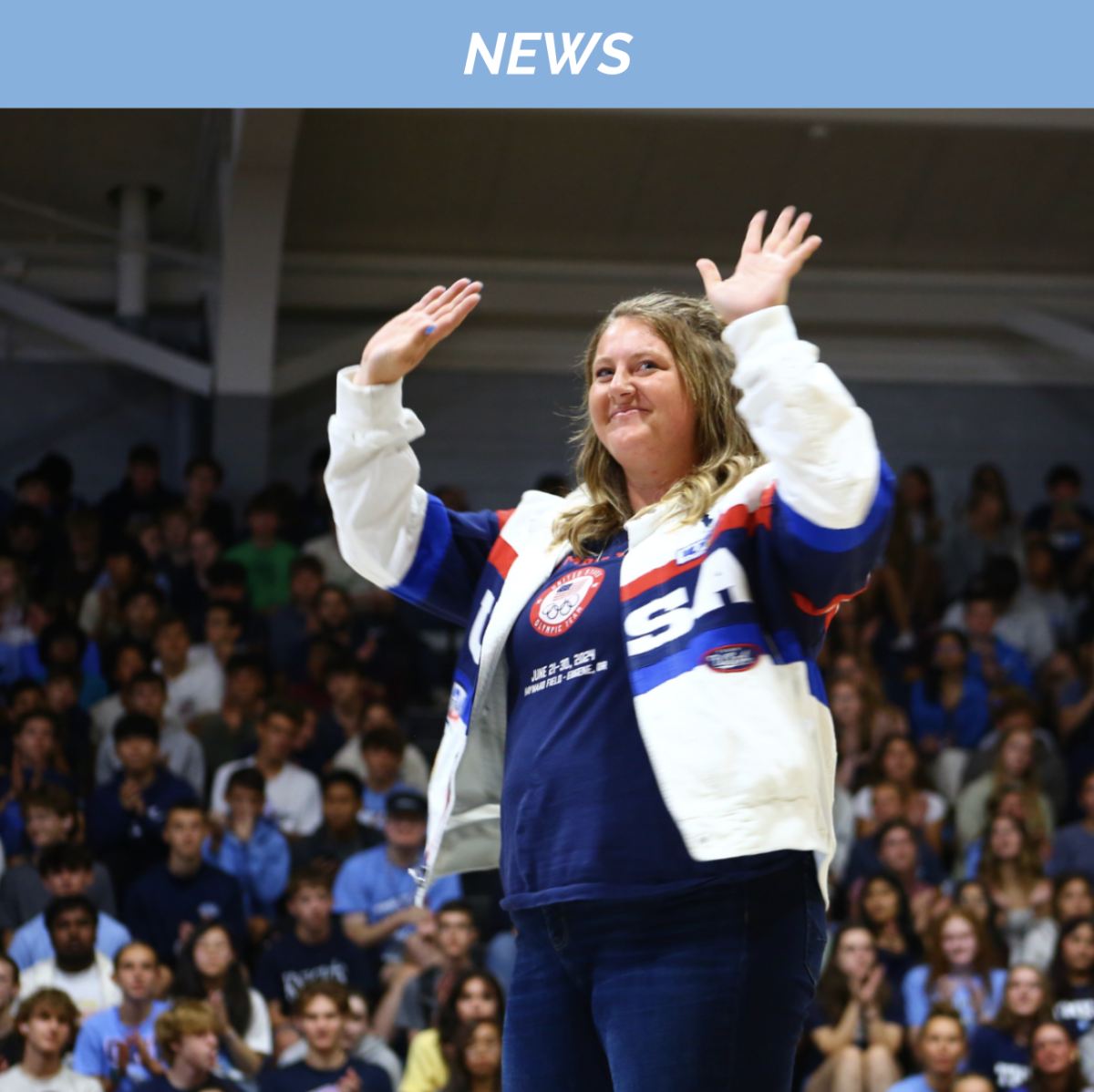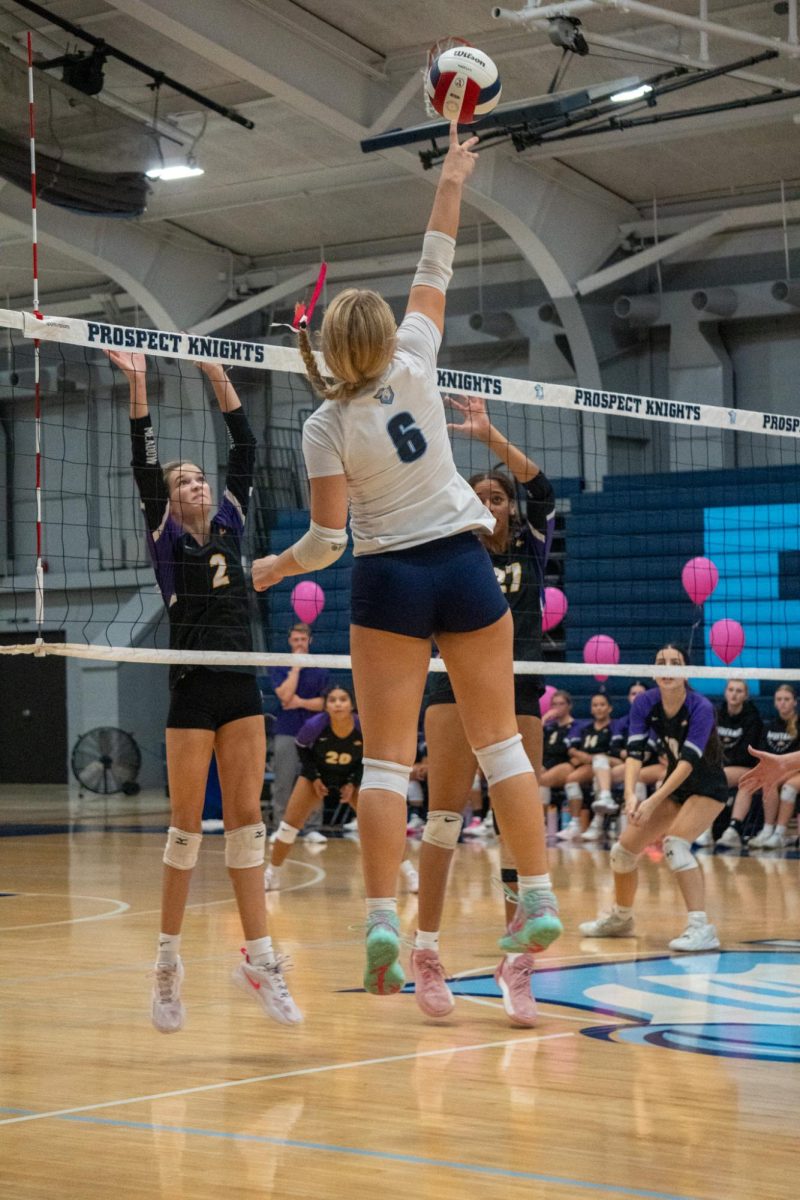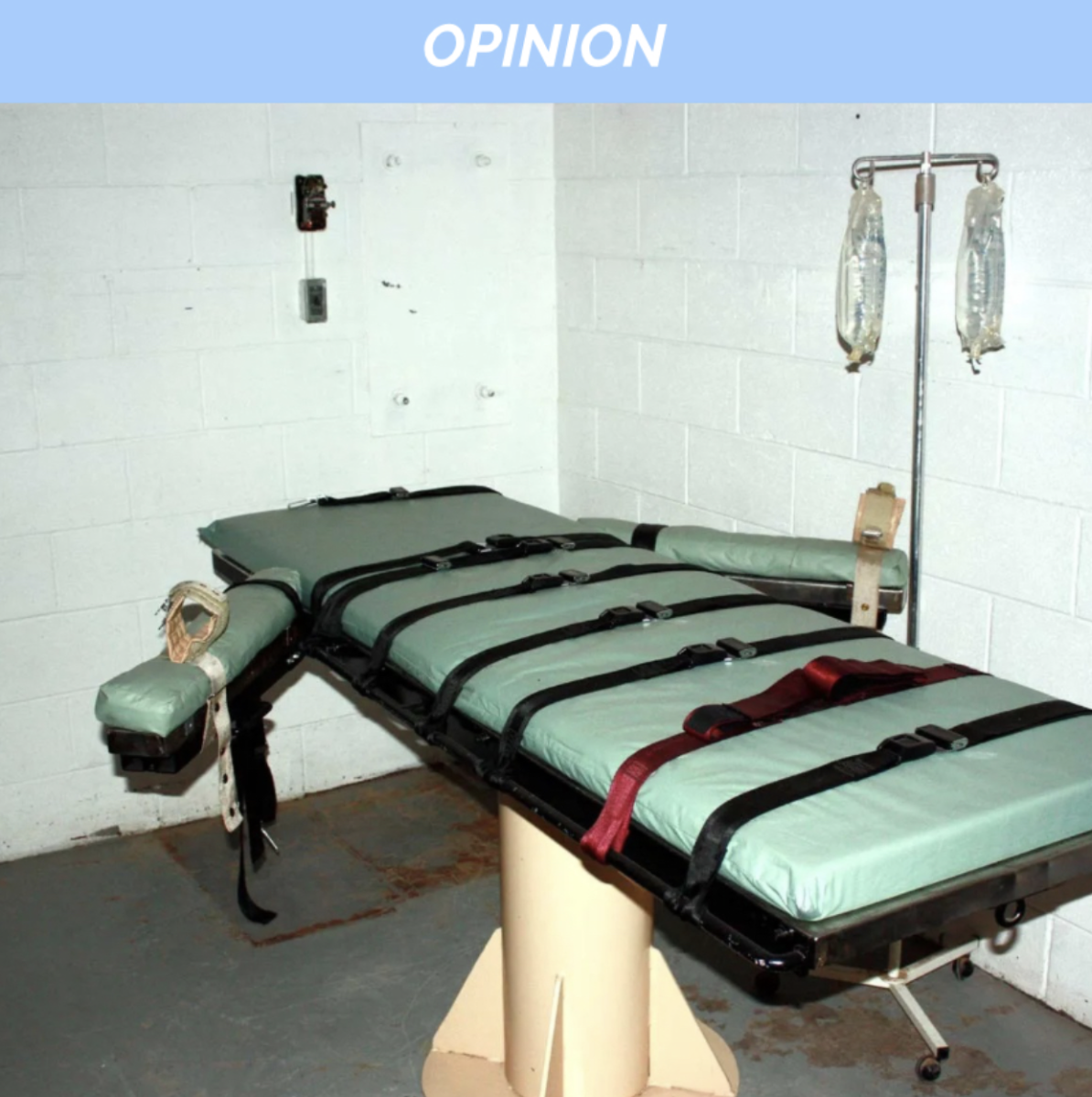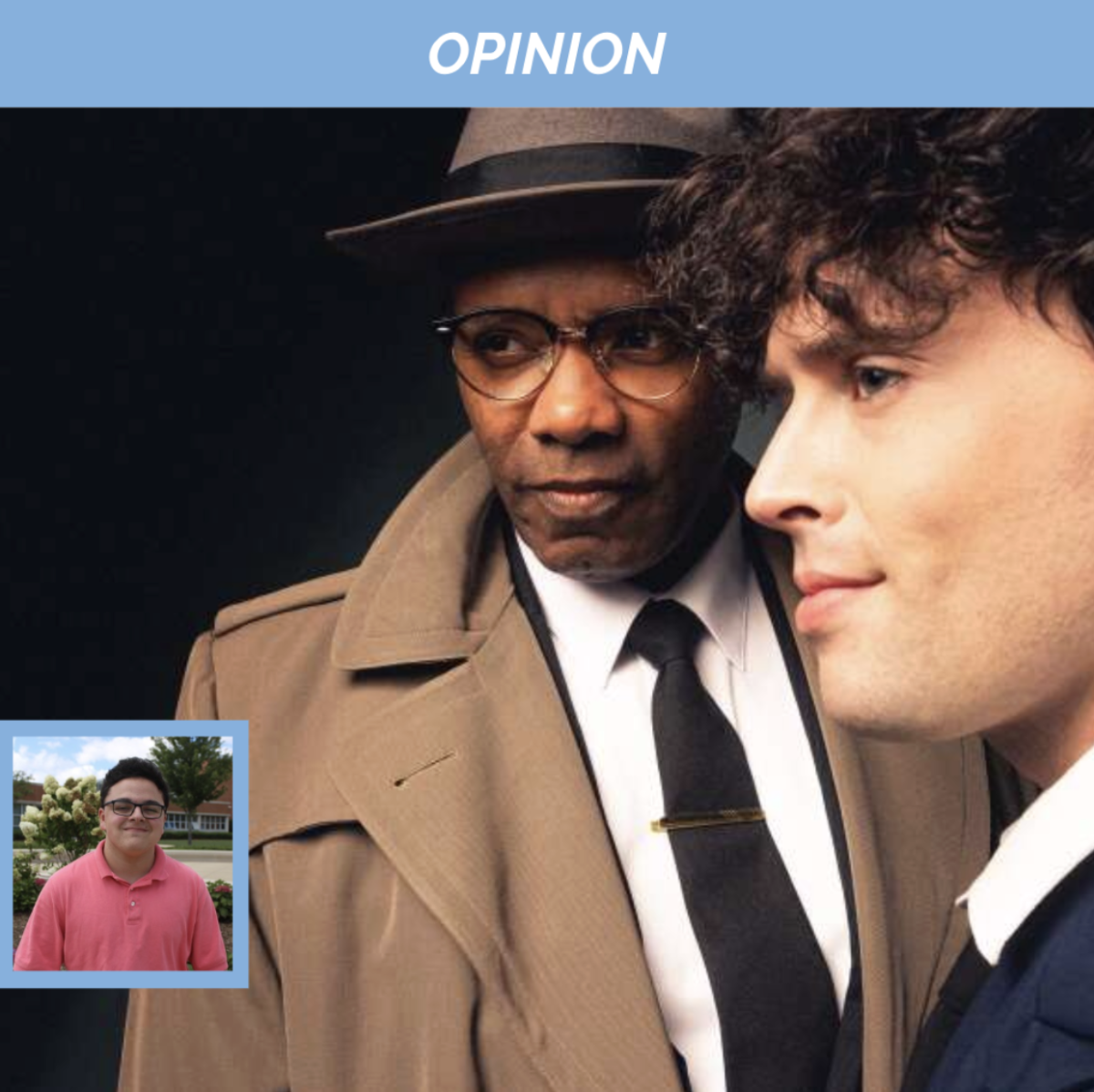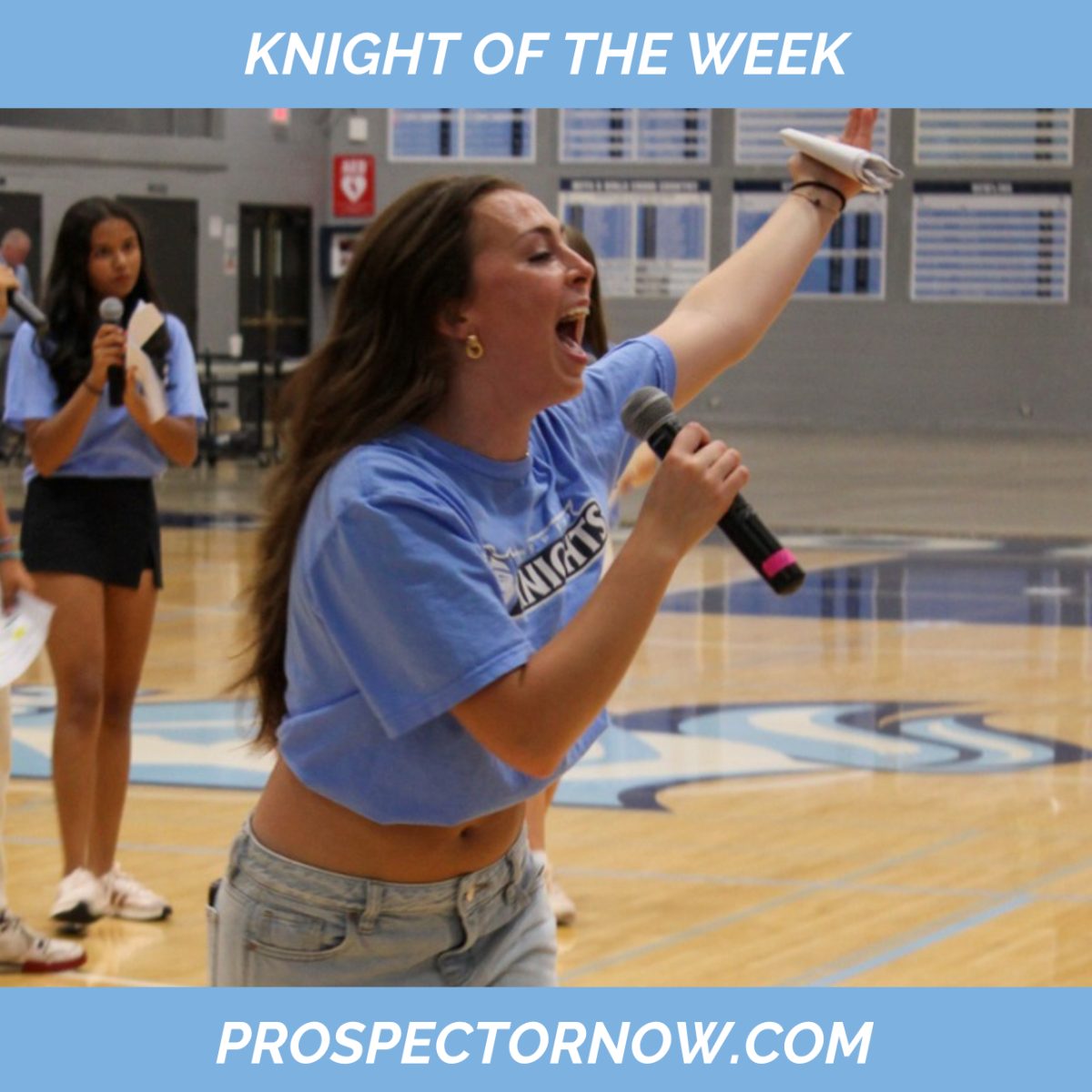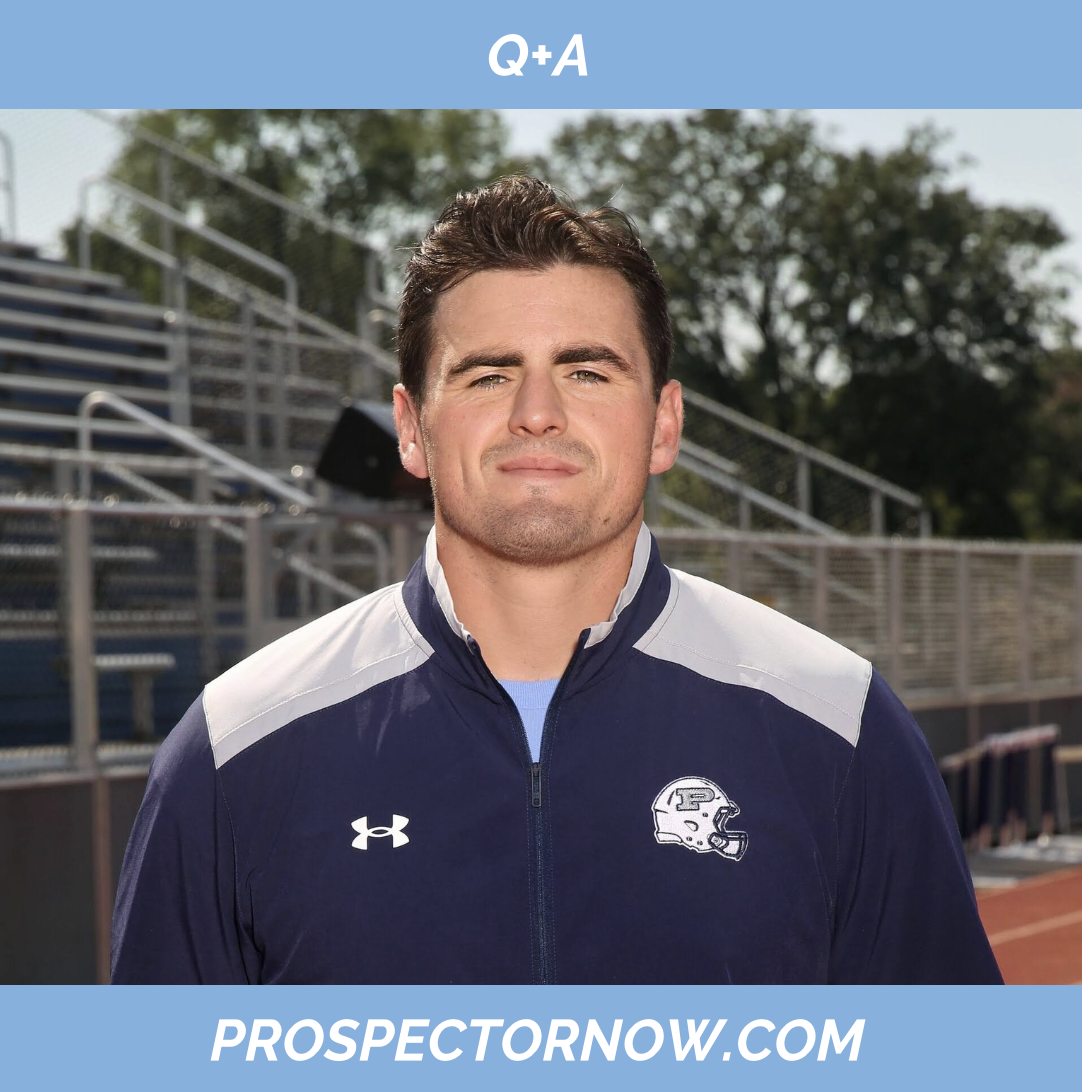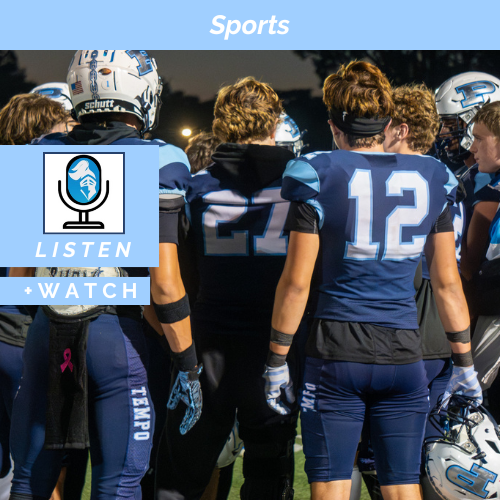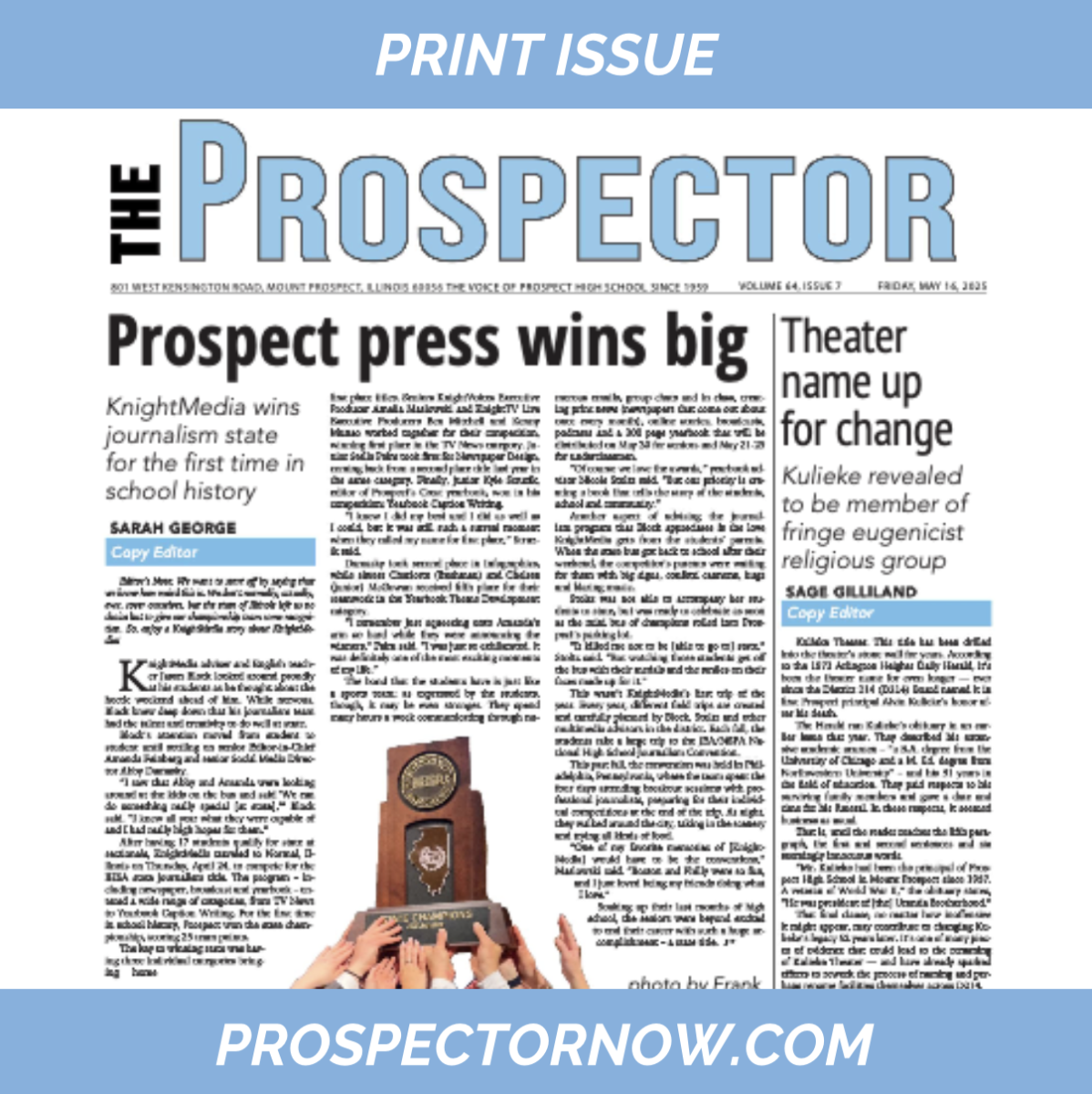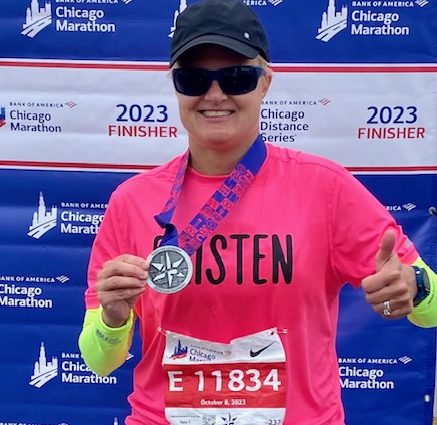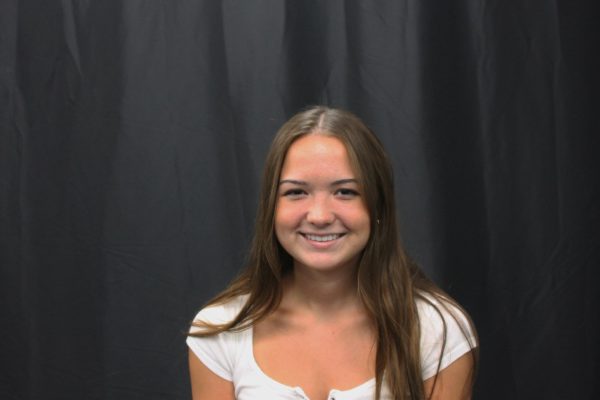On October 8, 2023, Chicago held their 45th annual marathon race. This year the city was the host of a new world record set by 23-year-old Kelvin Kiptum from Kenya. The race was the fifth of six World Marathon Major events scheduled for the year. About 47,000 runners from all 50 states and 100 countries participated this year.
Physical Education teacher Cristen Sprenger participated in the race in celebration of its 45th year. Sprenger has run 15 marathons, including the Boston Marathon and New York Marathon. She feels especially proud and loved by the support people show in Chicago.
“Elite athletes love coming to the Chicago marathon,” Sprenger said. “Because of the spectators and beauty of the city.”
The marathon starts and ends in Grant Park, and runners are taken through the entire city during the race. Streets are closed off for the weekend as the 26.2-mile course leads runners across six of Chicago’s bridges and stretches down many major roads.
Kiptum ran the course at 2:00:35, breaking the previous time of 2:01:09 set by Elise Kipchoge. Kiptum not only took home the $100,000 prize but also a place in history.
Sifan Hassan from the Netherlands won the women’s division with a time of 2:13:44, breaking Brigid Kosgei’s 2:14:04 course record. Marcel Hug and Catherine DeBrunner from Switzerland broke course records in the wheelchair division. Additionally, USA’s Conner Mantz and Clayton Young reached the Olympic standards with their runs; Olympian Desiree Linden broke Deena Kastor’s master’s women’s record.
To qualify for the race, applicants must submit records for a marathon completed between January 1, 2022, to November 17, 2023. This ensures that only committed athletes are attending the race.
There were many successes this year, and the near-perfect weather conditions and flat-land course helped. Regardless of the outcome, marathon runners are some of the most ambitious athletes. The persistent motivation it takes to accomplish something that only 0.01% of the global population has done is undeniable.
Runners like Kiptum commit to the goal of winning which allows them to mentally train themselves to take first place. Kiptum revealed that he came into the race with huge goals.
“My main objective was to win the course record,” Kiptum said in an interview with Olympic News.
Running 26.2 miles is equivalent to over 105 laps on the standard running track. Dr. Beth McQuiston neurologist and medical director at Abbott has studied the prefrontal cortex which is a key part of understanding how these athletes maintain their drive. McQuiston believes that the main difference between record-winning runners and the other 46,995 participants is mental performance.
“Mentally it can be really tough,” Sprenger said. “At the end when you get the medal, it’s all worth it.”
Sprenger has experienced the strenuous nature of both the training phase and recovering phase that marathons require. She explains that she becomes anxious in the weeks leading up to her marathons because she must make time for adequate workouts and realistic rest. Unfortunately this year, the exhaustion of the race led her body to catch a virus.
Sprenger believes that many of her students will someday participate in marathons, triathlons and Ironman competitions. Obtaining a goal is a shared priority for all athletes and Sprenger expresses that it can become addicting. She finds herself wishing she could be back to her long runs in the weeks of recovery after a marathon.
“You don’t know what a marathon takes until you run one,” Sprenger said. “It’s just amazing, it’s really hard to explain.”

